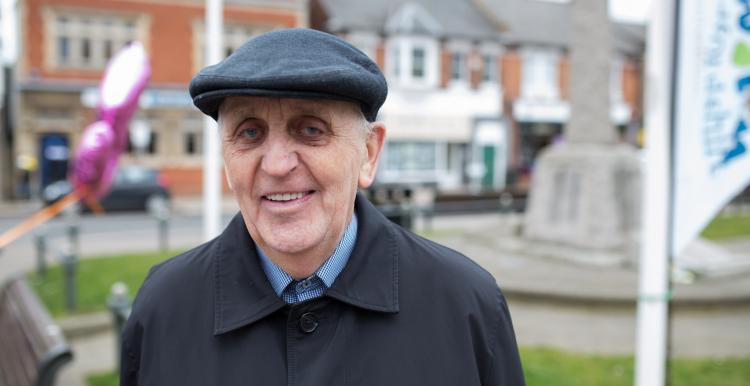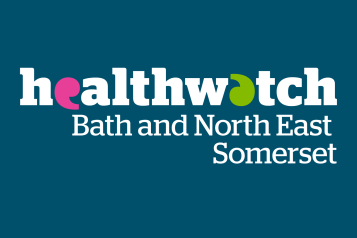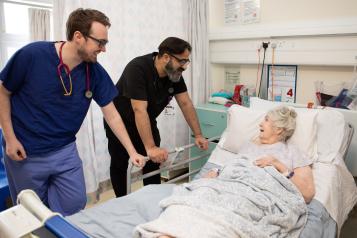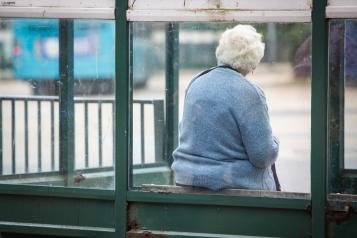Coronavirus: What does shielding mean?

Last updated 03 August 2020
Changes to shielding advice
From 1 August 2020
The guidance for the clinically extremely vulnerable is that shielding has been paused. This means:
- you do not need to follow previous shielding advice
- you can go to work as long as the workplace is Covid-secure, but should carry on working from home wherever possible
- clinically extremely vulnerable children should attend education settings in line with the wider guidance on reopening of schools and guidance for full opening: special schools and other specialist settings
- you can go outside as much as you like but you should still try to keep your overall social interactions low
- you can visit businesses, such as supermarkets, pubs and shops, while keeping 2 metres away from others wherever possible or 1 metre, plus other precautions
- you should continue to wash your hands carefully and more frequently than usual and that you maintain thorough cleaning of frequently touched areas in your home and/or workspace
- you will no longer receive free food parcels, medicine deliveries and basic care from the National Shielding Service
What support will I be able to access as a 'shielder'?
You will still be able to get:
- local volunteer support by contacting your local authority
- prescriptions, essential items and food you buy delivered by NHS Volunteer Responders
- priority slots for supermarket deliveries (if you previously registered for free food parcels)
Tell us about your experience of care while shielding
Has your health and/ or social care been disrupted by COVID-19 while shielding? Whether it’s good or bad, we want to hear from you.
It only takes five minutes and your feedback can help NHS and social care services understand the steps they can take to improve care for you and your loved ones.
Am I still classed as ‘clinically extremely vulnerable?
Yes. The categorisation of ‘clinically extremely vulnerable’ will remain in place and people in this group should continue to follow their specific guidance specific, available here.
You should have been written to about these changes. If you haven’t been contacted, please contact your GP.
Will I be told to shield again?
After 1 August the Government will continue to maintain the Shielded Patient List. The Government will monitor the virus continuously over coming months and if it spreads too much, you may be advised to shield again.
Shielding guidance has been and continues to be advisory.
Why is the advice changing?
All Government decisions on shielding advice are led by the latest scientific evidence.
The latest evidence shows that the chance of encountering Coronavirus in the community has continued to decline. Four weeks ago, around one person in 500 had the virus. Last week it was even lower with less than one in 1,700 people having the virus.
As a result, the Government believes that advice to people that are shielding can be relaxed.
Are you concerned about the changes in guidance? Talk to us.
We can help you to understand the guidance and what it means for you and the support you receive.
Frequently asked questions
The following Q&A, based on information provided by the Government, aims to help you get some of the answers you need, to know about what shielding means in practice.
What does ‘shielding’ mean?
Shielding is the word used to describe how to protect those at highest risk of severe illness if they catch coronavirus. You can shield yourself following the Government guidance, and shield others by minimising all interaction between yourself and those who are most at risk.
How long do I shield myself for?
The Government has currently paused it's advice over the need to shield.
There is specific guidance on what will happen if there is a local lockdown in your area.
This guidance is government advice and it’s your personal choice whether to follow it.
Why do I no longer need to shield?
The Government has currently paused it's advice over the need to shield.
This is because the rates of transmission of coronavirus (COVID-19) in the community have fallen significantly.
Will I be asked to shield again?
You could be advised to shield again if the situation changes and there is an increase in the transmission of COVID-19 in the community.
Your name will be kept securely on the shielded patient list by NHS Digital. We will write to you if the advice changes. Any national changes will be reflected in this guidance.
In the event of a local lockdown, see the Government's advice and visit your local authority’s website for further guidance.
Do I need to shield if my area is put on a 'local lockdown'?
In the event of higher transmission rates some areas across the country will experience localised lockdowns.
There is specific guidance on what will happen if there is a local lockdown.
If you’re clinically extremely vulnerable, you are advised not to enter any area where shielding advice is in place.
How do I get food and medication if I'm shielding?
Ask family, friends and neighbours to support you and use online services.
NHS Volunteer Responders will offer support until at least December 2020 with:
- collecting shopping, medication (if your friends and family cannot collect them for you) or other essential supplies
- a regular, friendly phone call, either with someone else who has previously been advised to shield or with different volunteers
- transport to medical appointments
Call 0808 196 3646 between 8am and 8pm to arrange support or visit the NHS Volunteer Responders website. Speak to your health care professional to arrange transport support.
I haven’t been contacted but I think I am in the high-risk group – what should I do?
If you have not received a letter or been contacted by your GP or hospital consultant, but feel you are within the high-risk category, you should contact your GP practice or hospital team. If you are unsure, check the list on the Gov.uk website to see if you are in the most at risk/ extremely vulnerable group.
My main carer is unwell – what do I do?
Speak to your carers about back-up plans for your care in case your main carer is unwell or needs to self-isolate.
You should have an alternative list of people who can help you with your care if your main carer becomes unwell. You can also contact your local council, or local Healthwatch, for advice on how to access care.
I'm worried that shielding is going to affect my mental health - what do I do?
Try to stay in touch with those around you over the phone, by post or online. Let people know how you would like to stay in touch and build that into your routine. This is important in looking after your mental wellbeing and you may find it helpful to talk to them about how you are feeling if you want to.
Remember, it is okay to share your concerns with others you trust and in doing so you may end up providing support to them too. Or you might want to try an NHS recommended helpline.
You can refer yourself to NHS Volunteer Responders for a phone call from an NHS Volunteer, by calling 0808 196 3646 (8am to 8pm). We know that many people in the shielding group will already have good support networks among family, friends and neighbours, but if you don’t, the volunteers can help with a range of support, from transport to and from hospital appointments to ‘check in and chat’ – a simple phone call from a volunteer to check that you are doing ok.
If you have trouble with the referral process, contact your local Healthwatch.
We've also put together some advice on how to look after your mental health during this time.
Got another question?
To find more detailed answers to these and other questions, read the Government guidance on shielding and protecting people defined on medical grounds as extremely vulnerable from COVID-19. Or contact us.
I'm worried that shielding is going to affect my mental health - what do I do?
Try to stay in touch with those around you over the phone, by post or online. Let people know how you would like to stay in touch and build that into your routine. This is important in looking after your mental wellbeing and you may find it helpful to talk to them about how you are feeling if you want to.
Remember, it is okay to share your concerns with others you trust and in doing so you may end up providing support to them too. Or you might want to try an NHS recommended helpline.
You can refer yourself to NHS Volunteer Responders for a phone call from an NHS Volunteer, by calling 0808 196 3646 (8am to 8pm). We know that many people in the shielding group will already have good support networks among family, friends and neighbours, but if you don’t, the volunteers can help with a range of support, from transport to and from hospital appointments to ‘check in and chat’ – a simple phone call from a volunteer to check that you are doing ok.
If you have trouble with the referral process, contact your local Healthwatch.
We've also put together some advice on how to look after your mental health during this time.
Got another question?
To find more detailed answers to these and other questions, read the Government guidance on shielding and protecting people defined on medical grounds as extremely vulnerable from COVID-19.


